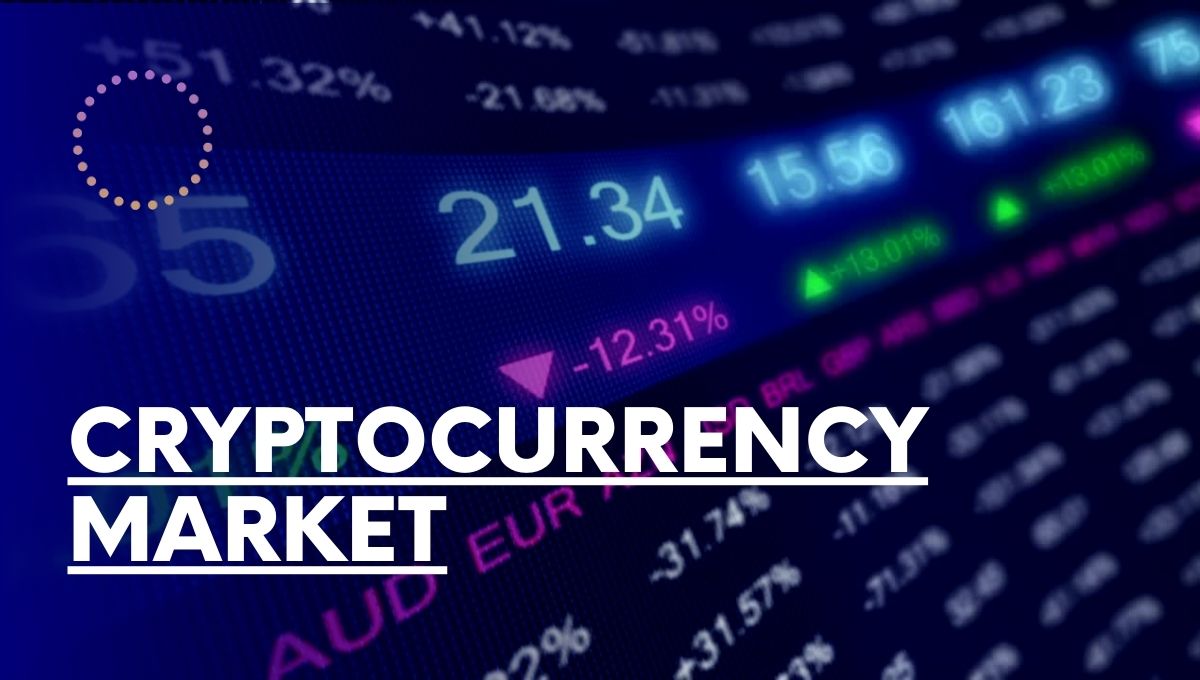Automation is now a part of everyday work. From finance to logistics, nearly every industry now relies on robotic process automation (RPA) to get routine work done faster, with fewer mistakes.
For fintech professionals in particular, understanding the top RPA tools can help you stay efficient, stay compliant, and scale operations without adding headcount.
And if you’re trying to build a career around finance and automation, joining the right fintech courses can help bridge both worlds, giving you the tech insight and business foundation you need.
In this article, we break down what is RPA tool, explain why it matters, and highlight five RPA tools leading the way in 2025.
What Is RPA Tool?
An RPA tool is software designed to automate repetitive tasks. Think of it like a digital worker that follows rules. It clicks buttons, fills in forms, and copies data from one system to another, all without human input.
These tools mimic human actions, but they do it 24/7, without breaks, fatigue, or manual error.
They’re commonly used to:
- Process transactions
- Update records
- Reconcile accounts
- Generate reports
- Move data between legacy systems and modern apps
When paired with AI, some RPA tools even start learning patterns and adjusting without needing code rewrites.
Why Do Fintech Teams Rely on RPA Tools?
In fintech, speed and accuracy are critical. You’re handling personal data, financial records, compliance documents. Any mistake could mean a loss—or worse, a fine.
RPA tools help solve common pain points like:
- Manual onboarding processes
- KYC/AML checks across multiple platforms
- Loan processing
- Report generation for regulators
- Settlement and reconciliation of payments
And they’re not just for back-end ops. Frontline teams use robotic process automation software to send updates, trigger alerts, or sync CRM tools.
Benefits of RPA Tools in Fintech
| Area of Impact | How RPA Helps |
| Compliance | Automates checks and reporting, reduces regulatory risk |
| Efficiency | Saves time on manual, rule-based tasks |
| Cost Savings | Reduces the need for large processing teams |
| Accuracy | Removes human error from routine entries |
| Customer Experience | Speeds up response times and service delivery |
Watch: What is the future of Fintech – Imarticus Learning
Top 5 RPA Tools in 2025
Let’s get to the list. These five RPA tools are leading in terms of usability, integration, AI capabilities, and adoption across industries.
1. UiPath
UiPath remains one of the most popular RPA tools in the market. Known for its user-friendly interface and strong developer community, UiPath supports everything from small process automation to full enterprise workflows.
Why It’s Good:
- Drag-and-drop visual builder
- Integration with AI and machine learning tools
- Strong documentation and online support
- Cloud and on-prem options
Best For: Medium to large enterprises with structured IT teams
2. Automation Anywhere
Automation Anywhere offers powerful robotic process automation software with a focus on smart bots. Their cloud-native platform is light, fast, and secure.
Why It’s Good:
- Built-in analytics dashboard
- Digital assistants for repetitive tasks
- Supports attended and unattended bots
- Works well with Salesforce, SAP, Oracle
Best For: Organisations looking for scalable automation across multiple departments
3. Microsoft Power Automate
If your organisation already uses Microsoft 365, Power Automate (formerly Microsoft Flow) is a great entry point.
Why It’s Good:
- Easy integration with SharePoint, Teams, Excel
- Strong ecosystem of templates
- Good for automating small, frequent tasks
- Affordable for Microsoft users
Best For: SMEs and departments with simple automation needs
4. Blue Prism
Blue Prism focuses more on enterprise-grade automation. It’s built with IT governance in mind, making it ideal for industries like finance and healthcare.
Why It’s Good:
- Highly secure and scalable
- Strong audit trails and access controls
- Works well in hybrid cloud setups
- Heavy focus on compliance
Best For: Regulated industries and companies with strict IT policies
5. Kofax RPA
Kofax stands out for its document-heavy use cases. If your process involves scanning, reading, or extracting data from forms or PDFs, this is a strong contender.
Why It’s Good:
- Optical character recognition (OCR) is strong
- Integrates with case management systems
- Good fit for document-intensive workflows
- Solid analytics layer for process monitoring
Best For: Insurance, banking, and legal firms
Quick Comparison of Top 5 RPA Tools
| RPA Tool | Best Feature | Ideal User Base |
| UiPath | Easy workflow builder | Enterprises with technical teams |
| Automation Anywhere | Smart bots and analytics | Mid-large businesses |
| Power Automate | Microsoft 365 integration | SMEs using Microsoft tools |
| Blue Prism | Governance and compliance controls | Finance and healthcare organisations |
| Kofax | OCR and document automation | Firms processing physical documents |
Watch: What is Fintech – Imarticus Learning
How to Choose the Right RPA Tool
Not every tool fits every business. When choosing robotic process automation software, consider:
- Integration
Does it connect easily to your existing systems? - Scalability
Can it handle future growth? - Ease of Use
Can your business users set up bots, or will IT need to help? - Support & Community
Is help available when you get stuck? - Security
How does the tool protect sensitive data?
Remember. Match the tool to your processes, not the other way around.
Conclusion
As automation becomes more embedded in business operations, the importance of choosing the right RPA tools has never been greater. From document-heavy workflows to large-scale fintech operations, these software solutions are helping companies move faster and with more confidence.
But tools are just one part of the picture.
Understanding how robotic process automation software fits into larger strategies, such as compliance, customer experience, and cost reduction, is what separates professionals from beginners.
For those building careers at the intersection of finance and tech, fintech courses like the PGDM in Fintech offered by Imarticus Learning provides a structured path. It combines foundational knowledge with hands-on exposure to the tools, techniques, and thinking required in the fintech industry.
FAQs
What is RPA tool in simple terms?
It’s a software that copies what humans do on a computer like clicking, copying data, and submitting forms, but does it faster and without mistakes.
Are RPA tools expensive?
Some are free or low-cost (like Power Automate), while enterprise solutions (like Blue Prism) come with higher price tags. Pricing depends on your usage scale.
Do I need coding to use robotic process automation software?
Not always. Many tools now offer no-code or low-code options. Still, basic logic and workflow understanding help.
Can RPA work with AI?
Yes. Many RPA tools now integrate with machine learning models to make smarter decisions. This is called intelligent automation.
Which RPA tool is best for small fintech startups?
Power Automate or UiPath Community Edition offers a good balance of price and capability for small teams.
Is RPA a long-term solution or temporary fix?
It depends. For repetitive, rules-based work, it’s ideal. But over time, native system upgrades might replace the need for bots.
How do fintech professionals learn RPA implementation?
Many choose specialised fintech courses that include modules on automation, data handling, and process optimisation.








